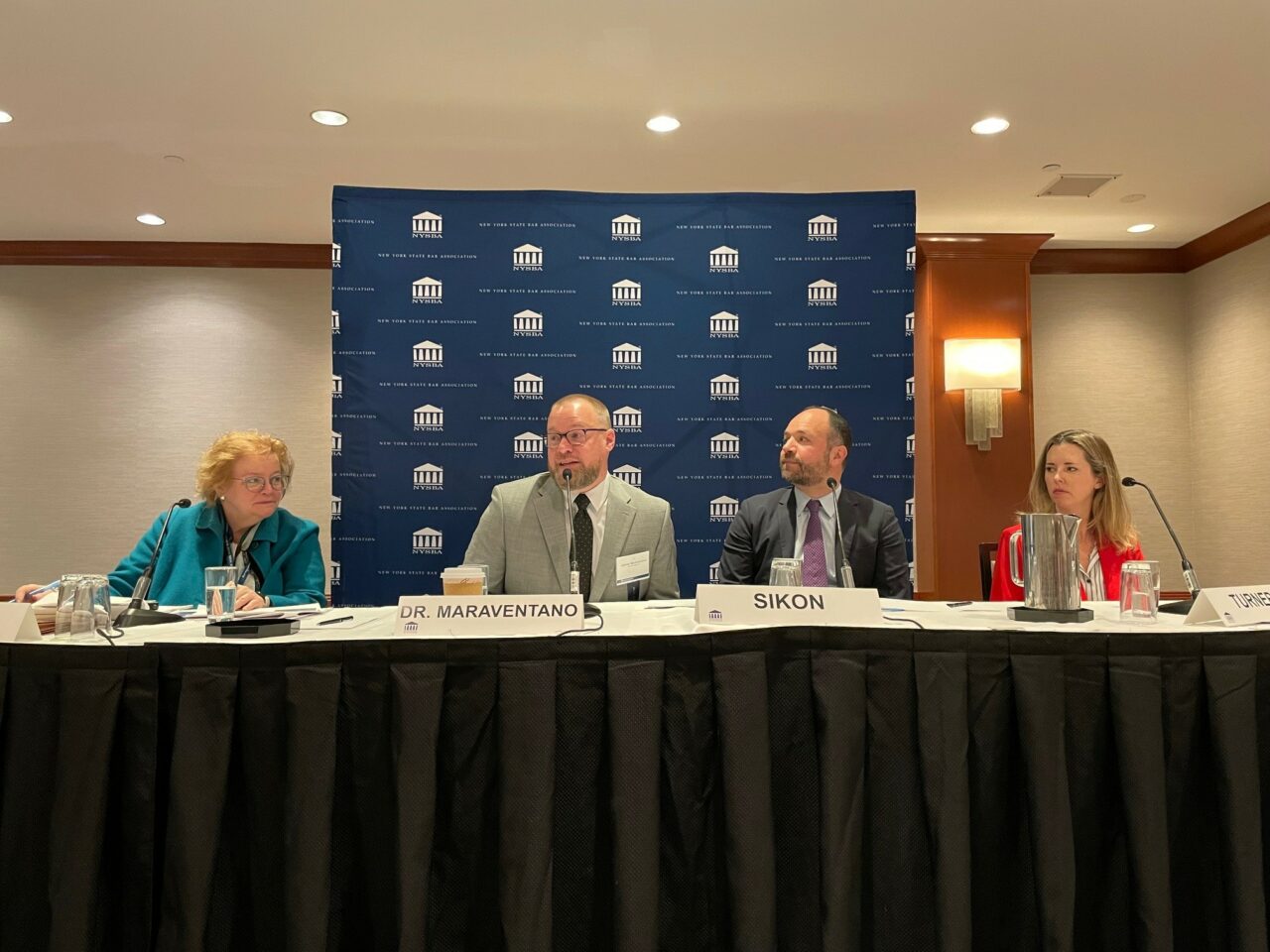What Lawyers Should Know About Pay Transparency Laws in New York
1.23.2024

Lawyers learned to steer their clients clear of violating the new pay transparency law at a panel discussion held Friday at the New York State Bar Association’s Annual Meeting in New York City.
The “So What’s New in New York” panel also laid out details of a new city decree meant to prevent workers from facing weight and height discrimination, new contract requirements for employers hiring freelancers who rack up as little as $800 in fees, and other relevant laws for the association’s Labor and Employment Law Section. Sara Kula, of Kula Law in Mount Kisco, moderated.
The state Pay Transparency Law, which requires salary transparency in job advertisements and builds on New York City’s 2016 pay transparency law, became effective last September. Proposed regulations are being finalized.
Bridget Holohan Scally, deputy general counsel and association commissioner in the New York State Department of Labor, said the department’s intent for transparent job descriptions that include a salary range are meant to benefit both employers and employees. “We’re not out to get anyone. We want to make sure both the applicant and the employer know what the job entails,” said Scally, adding that employers’ good faith efforts are taken into account.
For example, a job advertisement for a real estate agent that publishes a salary range of $50,000 to $250,000 raises concerns because the salary range is so large. “We would be suspicious of anything more than $100,000,” she added. “It raises concerns that the employer is not being straightforward.”
Employers must also ensure the job description lists all of the duties to be performed by the employee being hired. For example, a simple ad for a dishwasher at $18 an hour complies with the law’s salary mandate. “But if you ask that employee to mop floors and watch your children, you’re not in compliance with the law,” she said.
Miriam F. Clark, a partner in the New York City law firm of Ritz Clark & Ben-Asher, said there are differences in the state and city laws, but both apply to companies with four or more people. The city law, administered by its Commission for Human Rights, includes domestic workers and aims to ensure pay equity. It helps avoid situations where “the frat brother of the employer, who is a white male, gets hired at $175,000” when other applicants, such as women and people of color, were offered lower salaries.
She urged employers to state a minimum and a maximum salary number in the job description. “Don’t be vague, be specific,” Clark said, adding this also helps hiring managers budget for a post.
Tracey Salmon-Smith, a partner at Faegre Drinker, was also on the panel, sharing insights on how the new law affects her clients mainly in the field of finance.
Steven A. Zuckerman, associate at Cooley law firm in New York, said employers are eager to know what evidence state and city officials are using to determine if an employer is acting in good faith when advertising a job. Scally said the state regulations contain guidance on what good faith entails.
Another concern for employers is the outcome when internal employees read the job description and feel they are not being paid enough. “That could impact the internal situation,” Zuckerman said.






